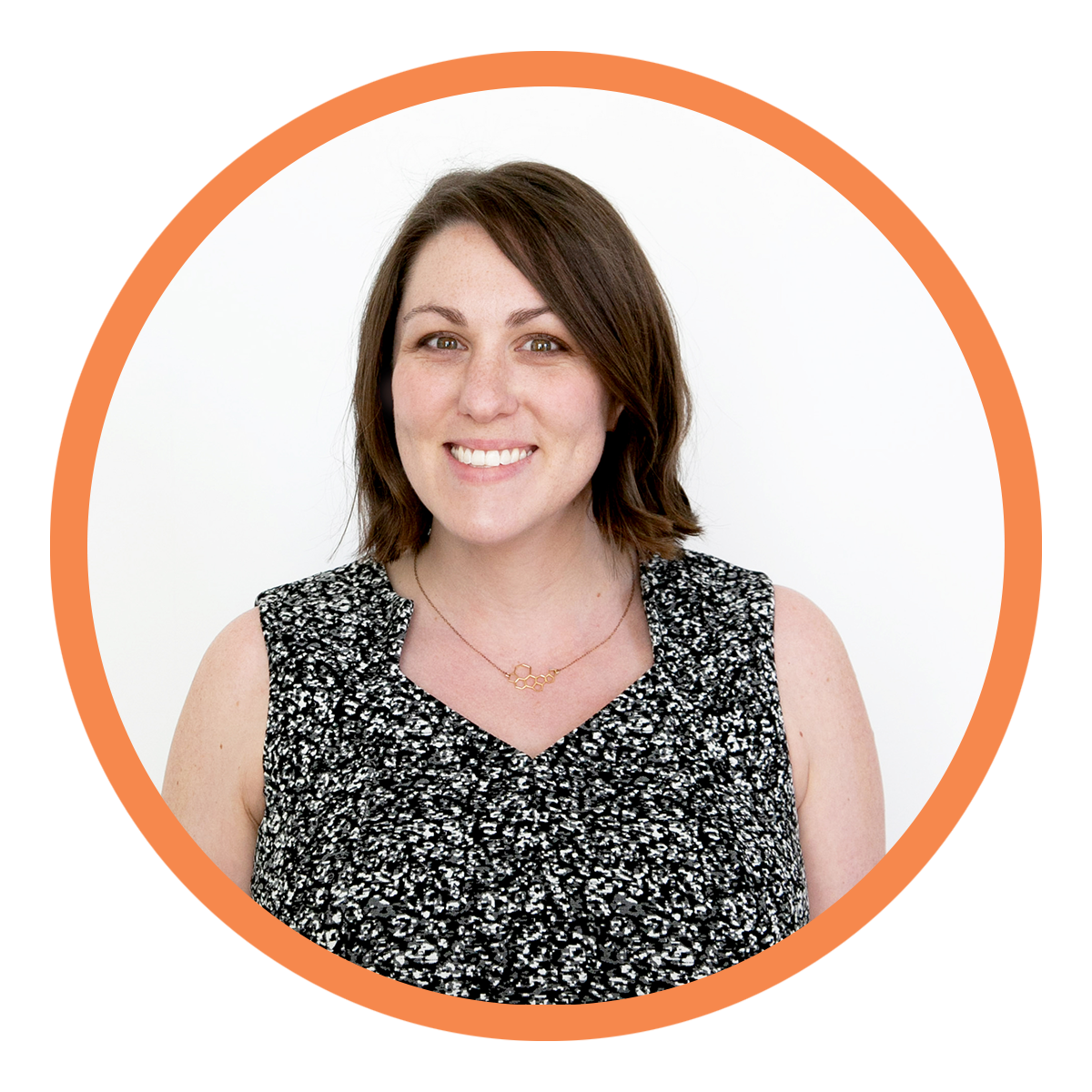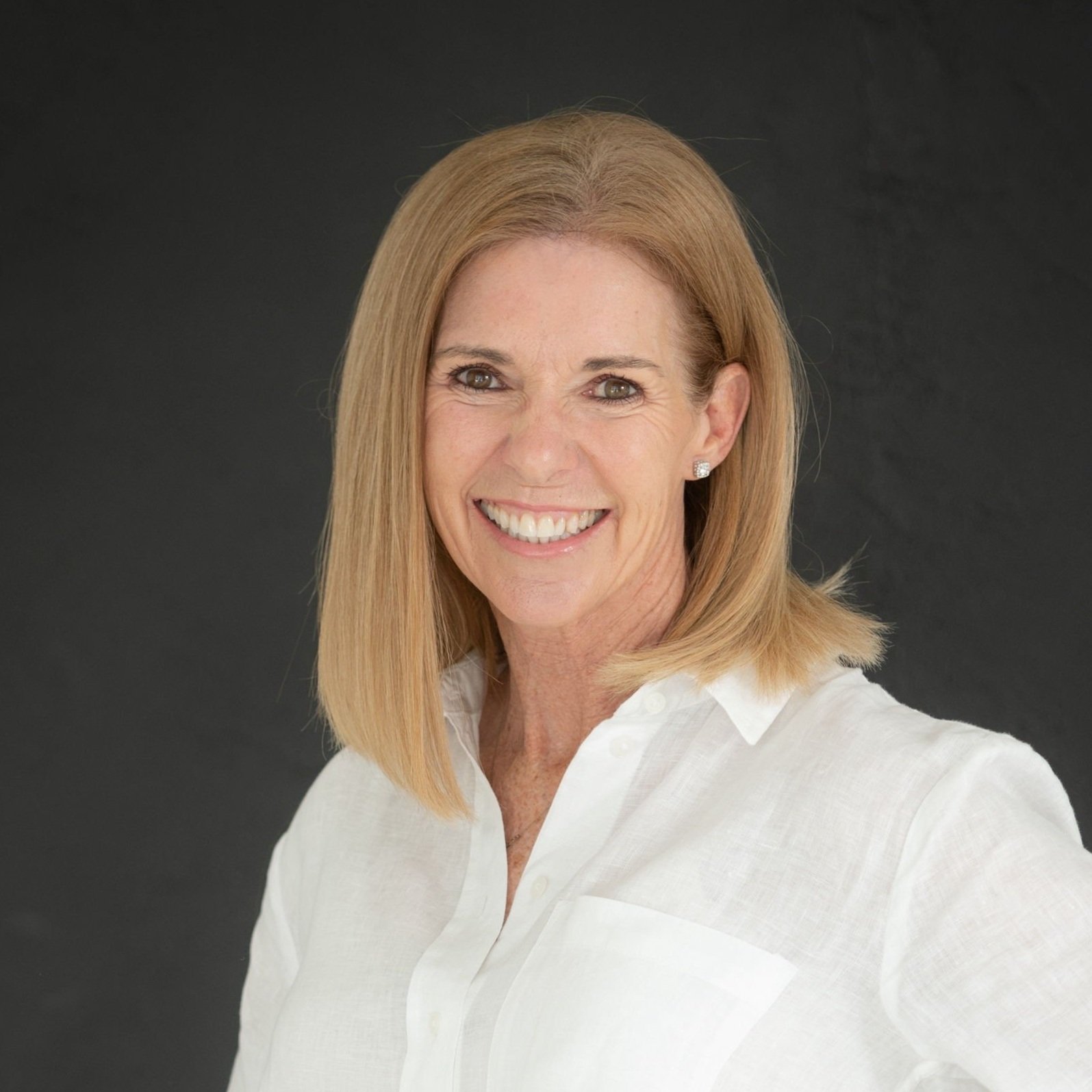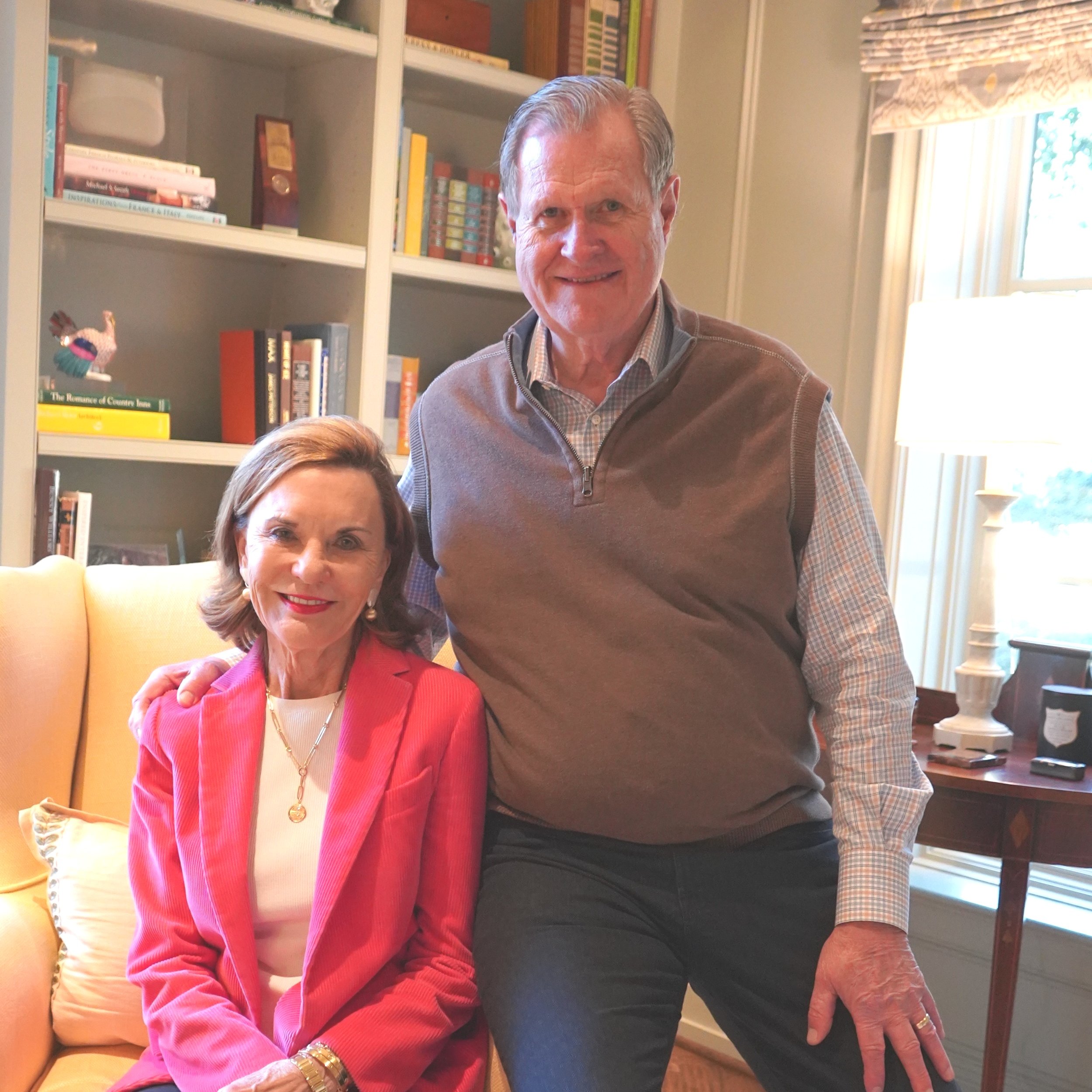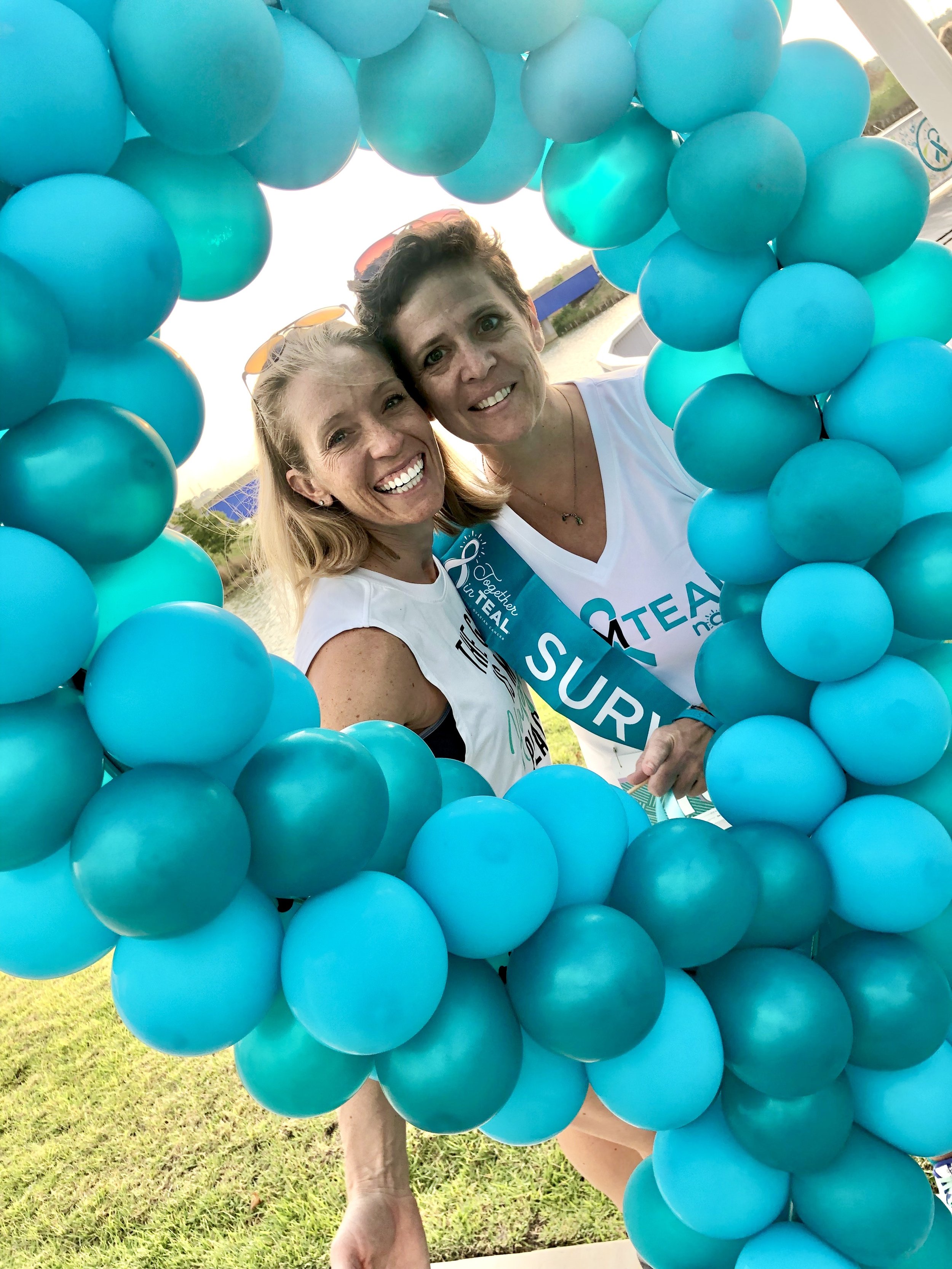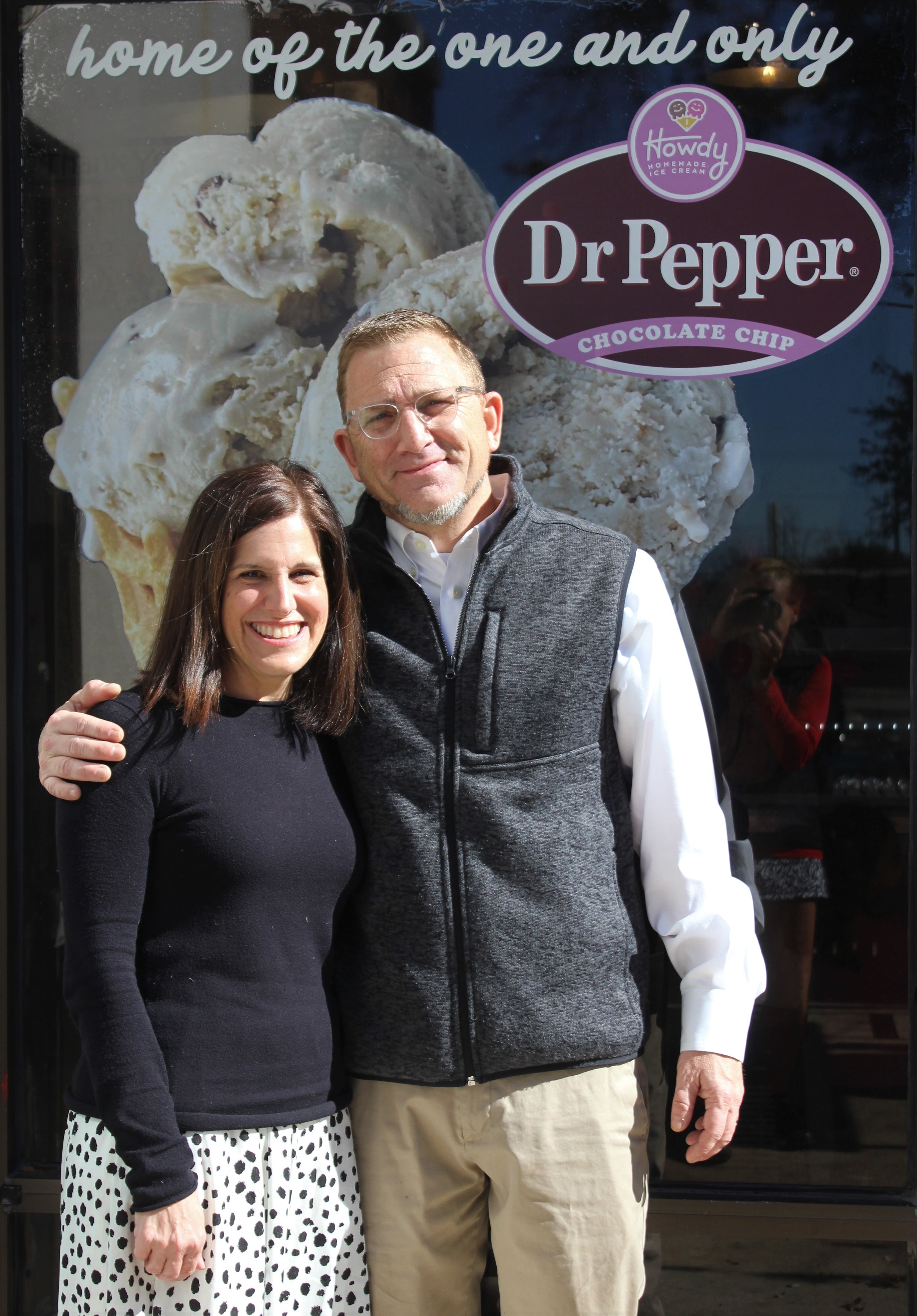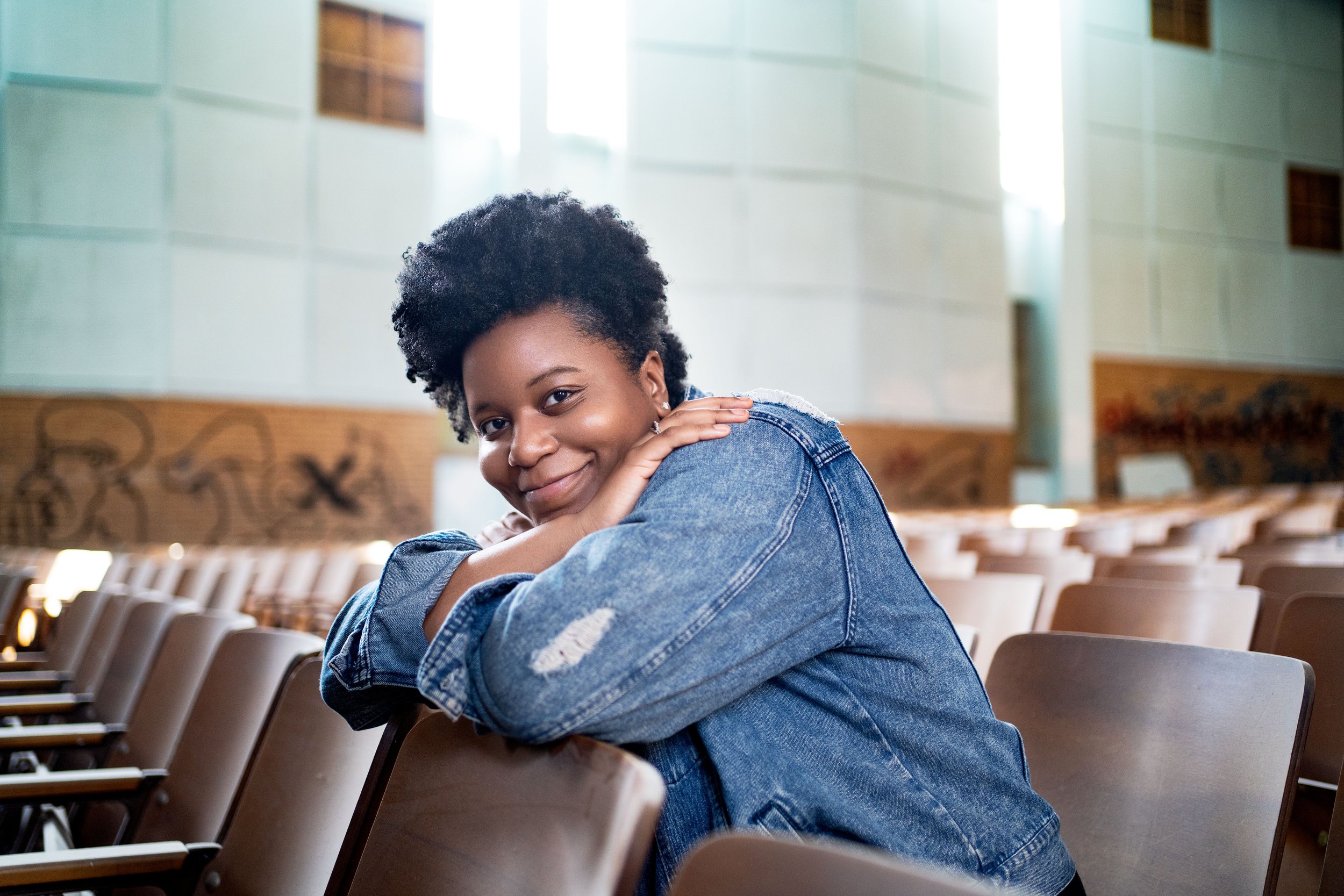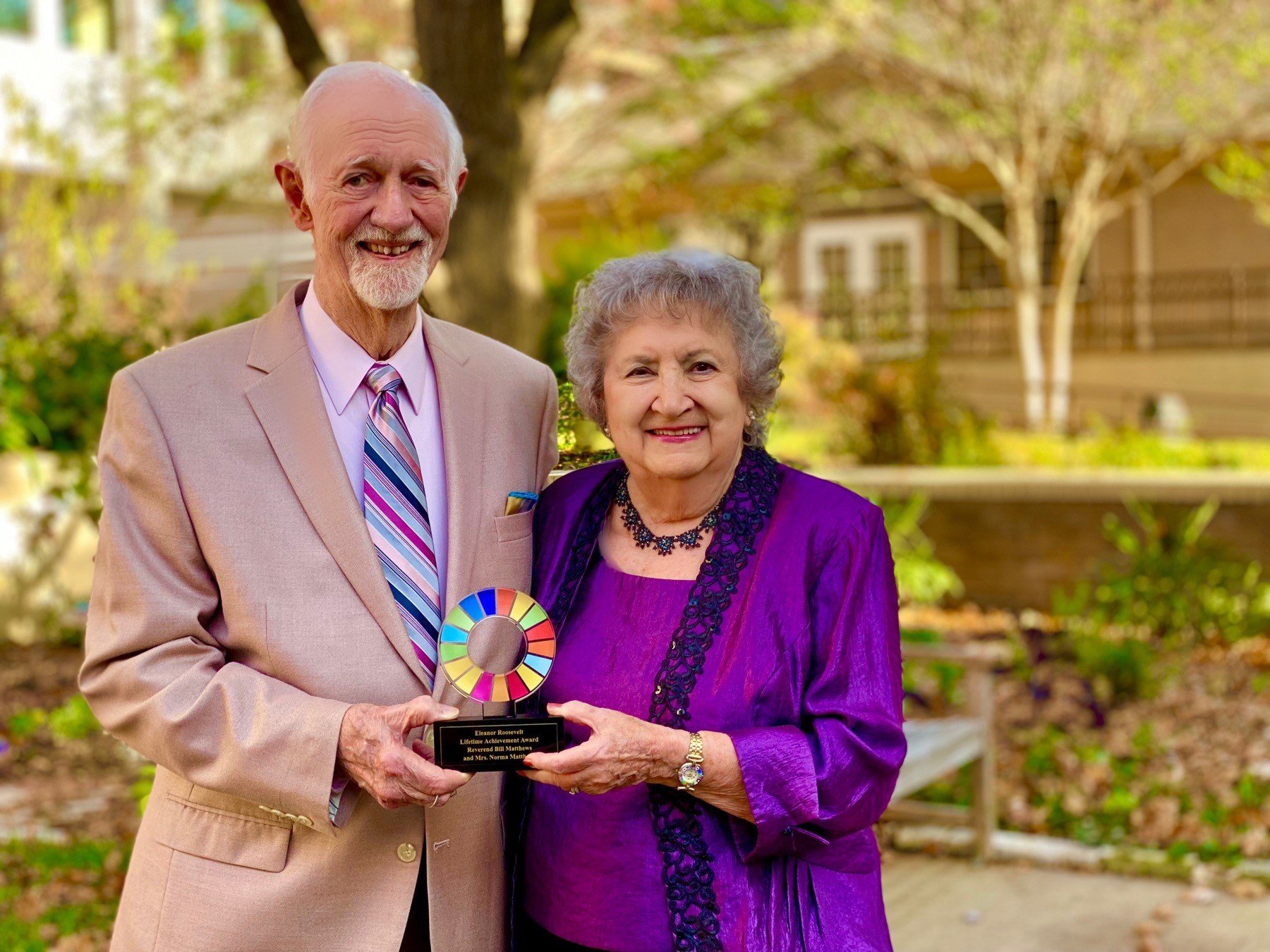Published June 2, 2021 at 7:06pm.
Story by Mary Martin. Photos by Jan Osborn.
The outlook for the team at Harmony Community Development Corporation (CDC) is clear—every act of service is connected. From financial classes to mental healthcare, to groceries and a quick driving lesson, neighbors are finding the help they need to end the cycle of underemployment.
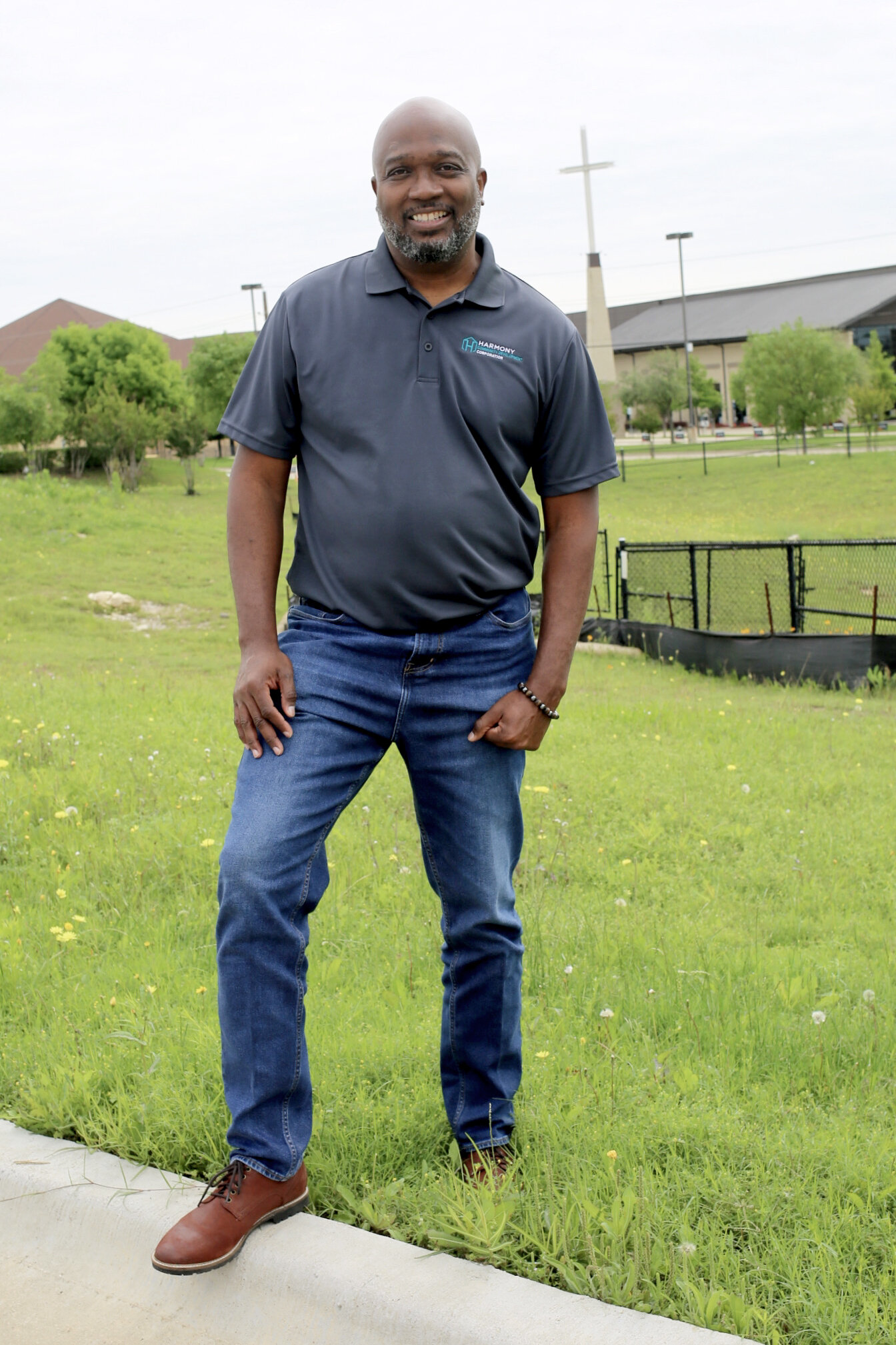
Mark Porter, Executive Director, Harmony CDC
Mark Porter, Executive Director at Harmony CDC, stepped away from a 15-year career in banking to take on the role of Outreach Pastor at Concord Church. The church food pantry eventually merged with the work at Harmony CDC, which initially focused on affordable housing, to create a robust program for ending poverty in the southern sector of Dallas.
Growing up in Gonzales, Texas, a small town tucked just north of the Guadalupe River and east of San Antonio, Mark spent time learning some valuable lessons from his family about working hard and helping others before heading to college. He graduated from East Texas State University, now Texas A&M Commerce, with a business and marketing degree, informing how he views his role as a nonprofit leader. “It is a full-circle experience for me because running a nonprofit is running a business. It’s not just a ministry or the work of helping, it’s actually a business.”
Candy Bradshaw, who had previously filled the executive director role at Harmony CDC, is now Program Director, leading her teams with expertise that only comes from years of personal interaction with those she serves. “I’m an all-hands-in kind of leader,” Candy says. “Mark is strategic and I am all about execution. It is great to have someone focused on strategic direction so that I can fulfill my passion and purpose by executing programs.”
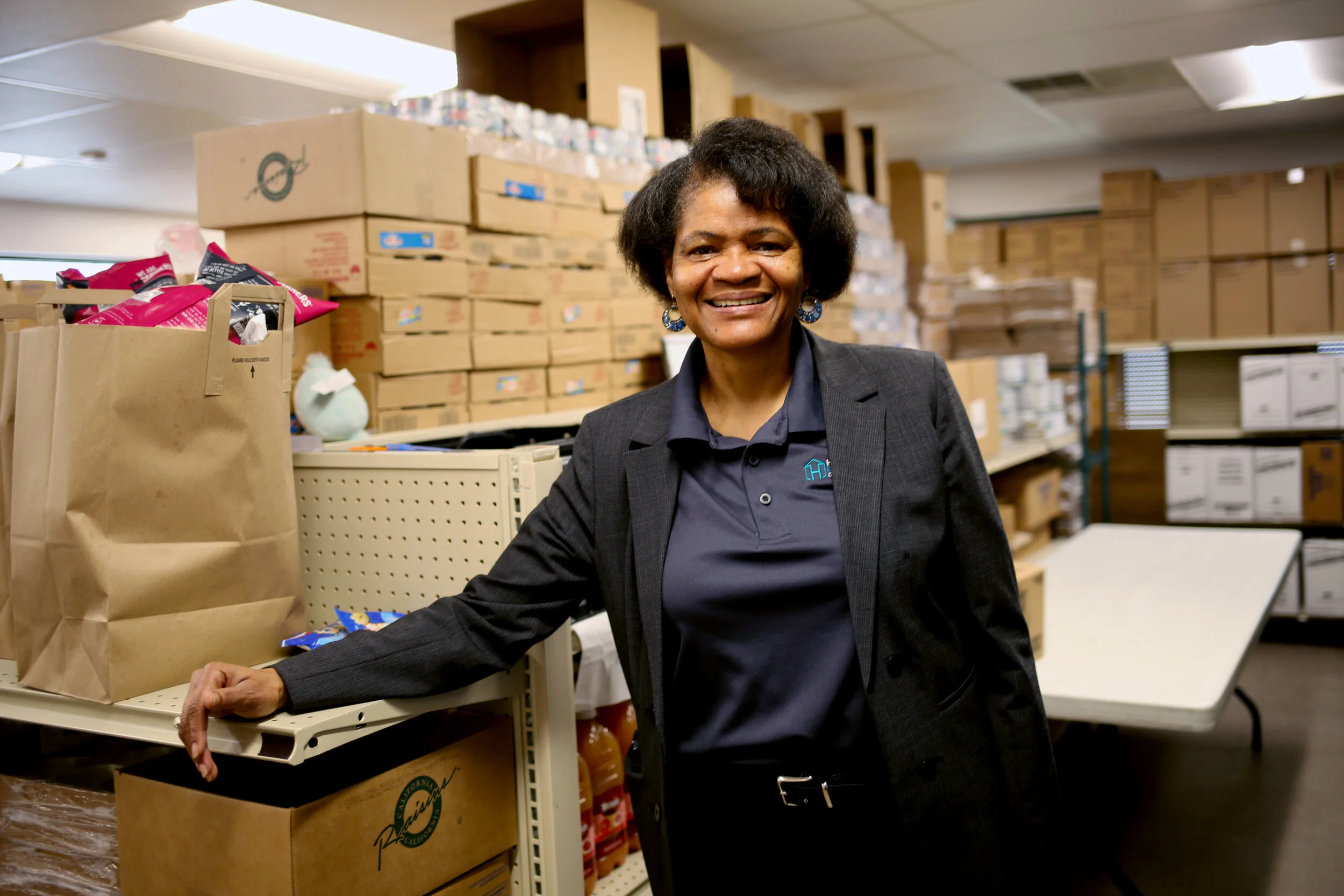
Candy Bradshaw, Program Director, at the Harmony CDC grocery store.
Candy came to Texas from San Diego. She was raised, along with her nine siblings, by a single mom, and went on to earn a bachelor’s degree from the University of Southern California and a masters in organizational leadership from University of Phoenix. Candy says, “My mother told me, ‘You can be whatever you want to be. As long as you do the work and get good grades, somebody will help you.’ And now I am helping people understand that if you decide you want something and will work for it, someone will be there to help you take the next step. There are helping hands out here to lead and direct you to your goals.”
Finding Help
One of the primary programs at Harmony CDC is known as H.E.L.P.—Harmony Empowered Living Program, an eight-week course providing career coaching, financial guidance, and the practical assistance needed to move out of poverty. The Harmony CDC staff, along with volunteer mentors, work with individuals, finding solutions to unique challenges and ensuring that someone not only finds a good job, but is also able to keep a job and grow in their career.
“Harmony is going to grow from where we are,” Candy says. “We have a client-choice grocery store, but during COVID we pivoted to drive-through with boxes in trunks. We implemented a resource center, asking, what other needs do people have? Why are they coming every month? This food is supposed to be an emergency need, but people couldn’t find jobs or were underemployed. H.E.L.P. is designed to find jobs that lead to livable wages, and also address issues like childcare, transportation, and financial management. Or maybe someone has the wrong job, wrong work ethic, or wrong attitude. Maybe they need accountability and responsibility. Then those programs are integrated with our counseling center so we can address anger management issues, family support issues, and grief. People need support so they can stabilize. Then they can show up for work.”
The Mental Health Connection
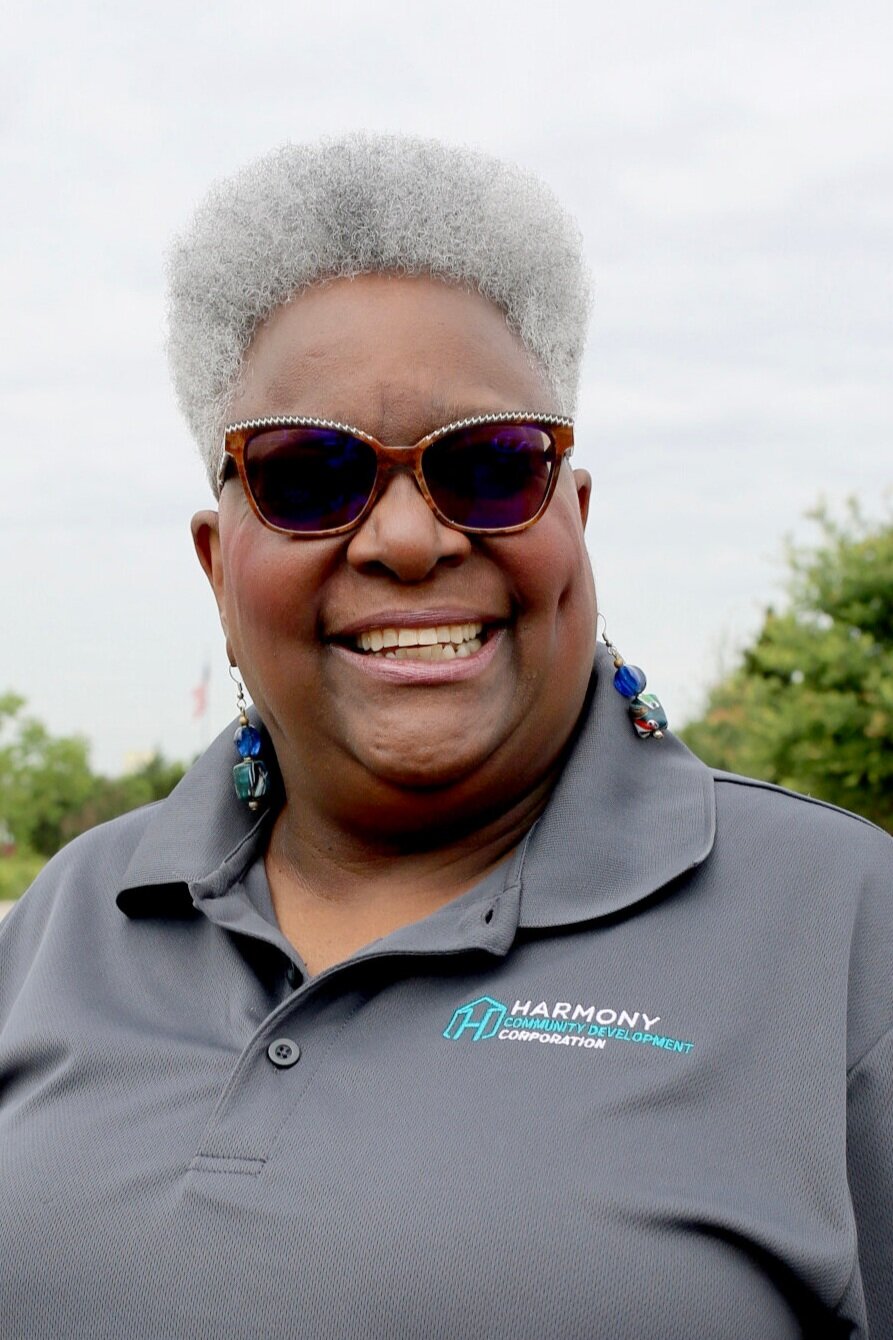
Dr. Brenda Richardson Rowe, Counseling Director, Harmony CDC
Dr. Brenda Richardson Rowe, known around Harmony CDC as Dr. B, leads the counseling center, not only as a supervising clinician, but also as listener-in-chief, encouraging people who participate in programs across the organization to also consider how their mental health may play a role in the struggles they are facing.
“It is amazing how many people we talk to who are facing anxiety based on losing a job,” Dr. B says. “But we have a plan. We can look at getting food from the pantry and fill out an application to get that light bill paid. If someone is facing eviction from their apartment we can connect them to legal aid to help file an eviction moratorium. With wrap-around services there is a trust that’s built.”
The trust that forms by meeting practical needs, also lends itself to the mental health process, where individuals can schedule sessions with a Harmony CDC counselor or licensed therapist at no cost. And Dr. B recently hired a licensed social work supervisor who will purposefully tie together the programs that make for a healthy life. The position also makes space for social work students from partnering colleges to earn the hours needed for licensing while filling a practical role on the Harmony team.
Dr. B worked as a registered nurse for 26 years, feeling all along that she was called to something substantial. When she couldn’t shake the idea of pursuing mental health, she knew it was more than a career choice. “My call is to God’s people,” says Dr. B. “All the counseling and mental health training did was expand another aspect of how I love people.”
She recently helped to launch the new health and wellness program at Harmony CDC, while also pushing against the stigma around mental healthcare in the Black community. But the virtual counseling developed as a result of COVID-19, has opened doors and lowered barriers for entire families. “Not only did counseling numbers go up, but for every individual we serve in this way, they share that information with eight to ten additional people,” Dr. B says. “We’ve had an impact whether we see them or not.”
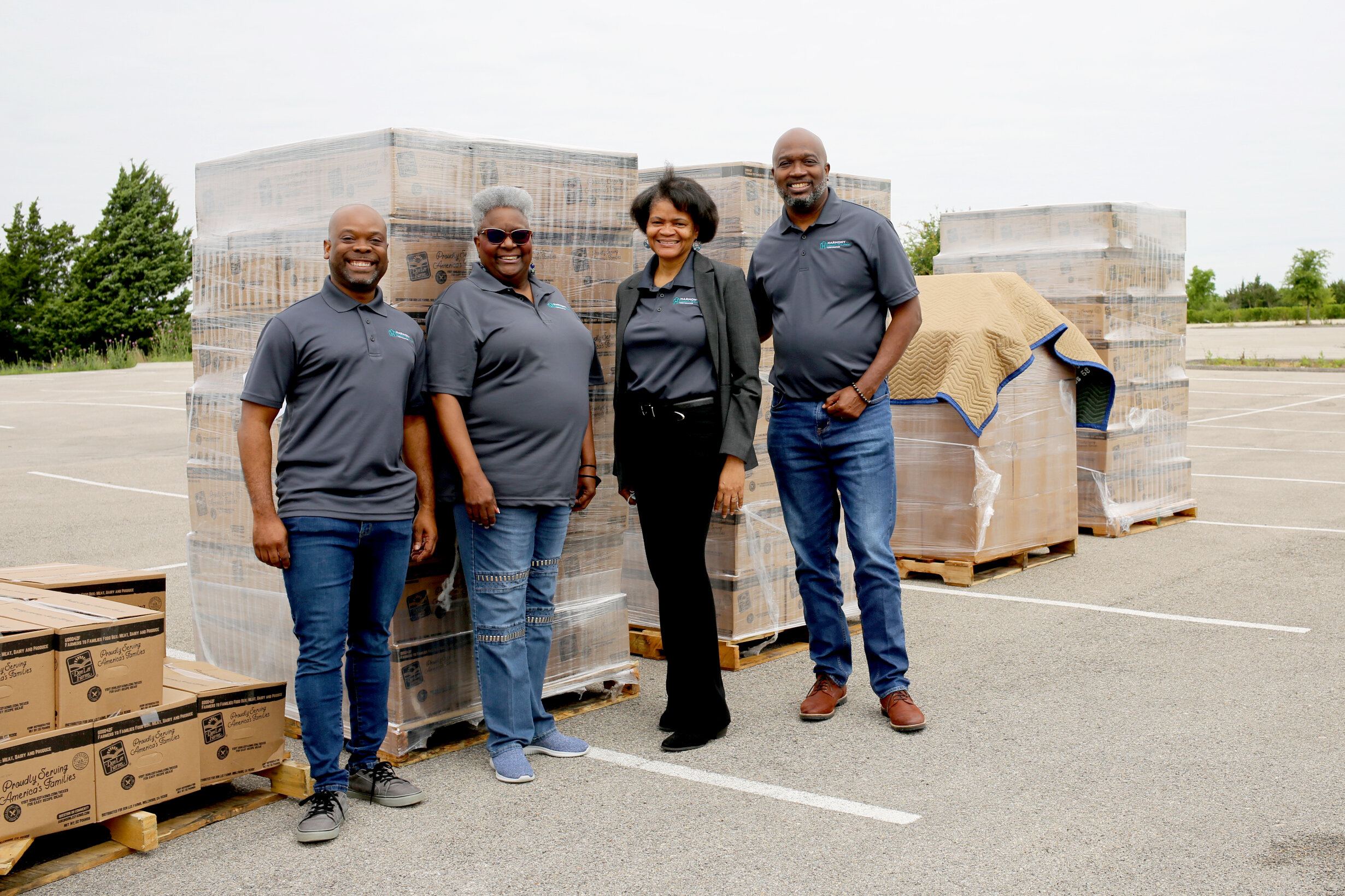
Harmony CDC staff at a food distribution event.

Fresh produce at a food distribution event.
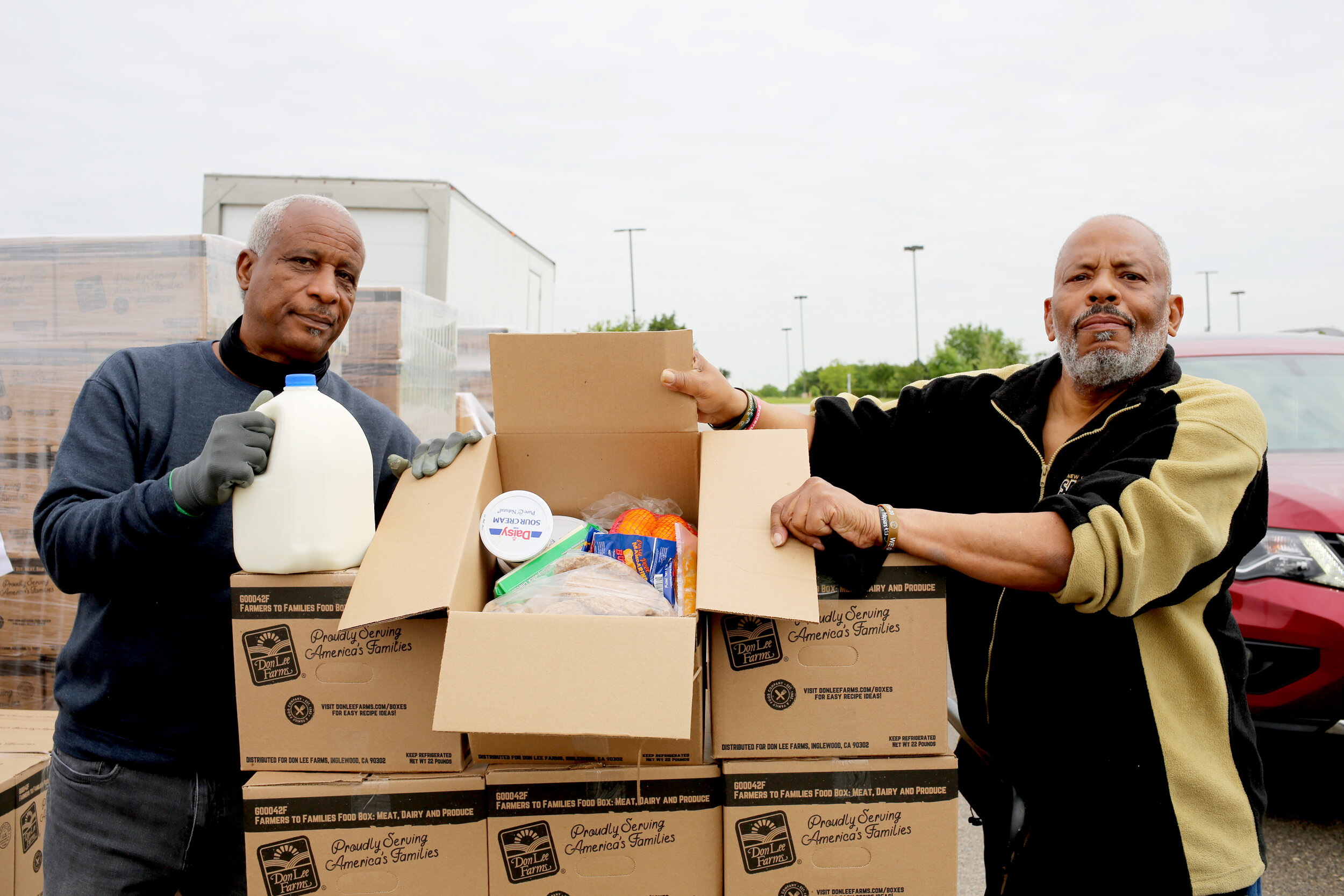
Volunteers helping with food distributions.
The mental health programming at Harmony CDC will continue as a hybrid model long term, offering both in-person and virtual sessions for neighbors in Oak Cliff, Desoto, Cedar Hill, Duncanville, and Lancaster. And their team will also continue to partner with nonprofits, food banks, and churches across the city to provide additional services. “There’s more than enough work to be done in our community, and it is best for us to do it together,” Mark says.
The wide array of collaborative programs means Harmony CDC also needs a wide array of volunteers. If you are interested in learning more about how you can support their work, or get involved as a mentor, visit harmonycdc.org.
Featured
More Good Stories
Featured
When Kathy and Larry Helm heard about The Senior Source’s 60th Birthday Diamond Dance-Off, they knew they had to put on their dancing shoes! For the Helms, this event combined two of their passions into one. Celebrating and supporting The Senior Source, a Dallas-area nonprofit that has been serving older adults for 60 years, and dancing together, which they have been doing since they were high school sweethearts. Both Kathy and Larry have chaired the board of directors of The Senior Source and have been proud supporters since 1998. It seemed only fitting they should be voted into the finals to dance on stage at Klyde Warren Park this past summer.
In 2020, more than 912,000 women were diagnosed with some form of cancer in the United States alone. During that same pandemic year, countless medical appointments were canceled while people were social distancing, and yet still each day nearly 2,500 women heard the news, “you have cancer.” There is no doubt that these words can be crushing to hear, but what’s equally crushing is the lack of tangible, encouraging support that exists to help women feel beautiful, strong or “normal” before, during and after cancer treatment.
When Tom Landis opened the doors to Howdy Homemade in 2015, he didn’t have a business plan. He had a people plan. And by creating a space where teens and adults with disabilities can find meaningful employment, he is impacting lives throughout our community and challenging business leaders to become more inclusive in their hiring practices.
Have you ever met someone with great energy and just inspired you to be a better you? Nitashia Johnson is a creator who believes by showing the love and beauty in the world it will be contagious and make an impact. She is an encourager and knows what “never give up” means. Nitashia is a multimedia artist who works in photography, video, visual arts and graphic design. Her spirit for art and teaching is abundant and the city of Dallas is fortunate to have her in the community.
The United Nations Association Dallas Chapter (DUNA) honored Rev. Bill and Norma Matthews for their ongoing commitment, helping advance the United Nations Sustainable Development Goals agenda by promoting peace and well-being.
